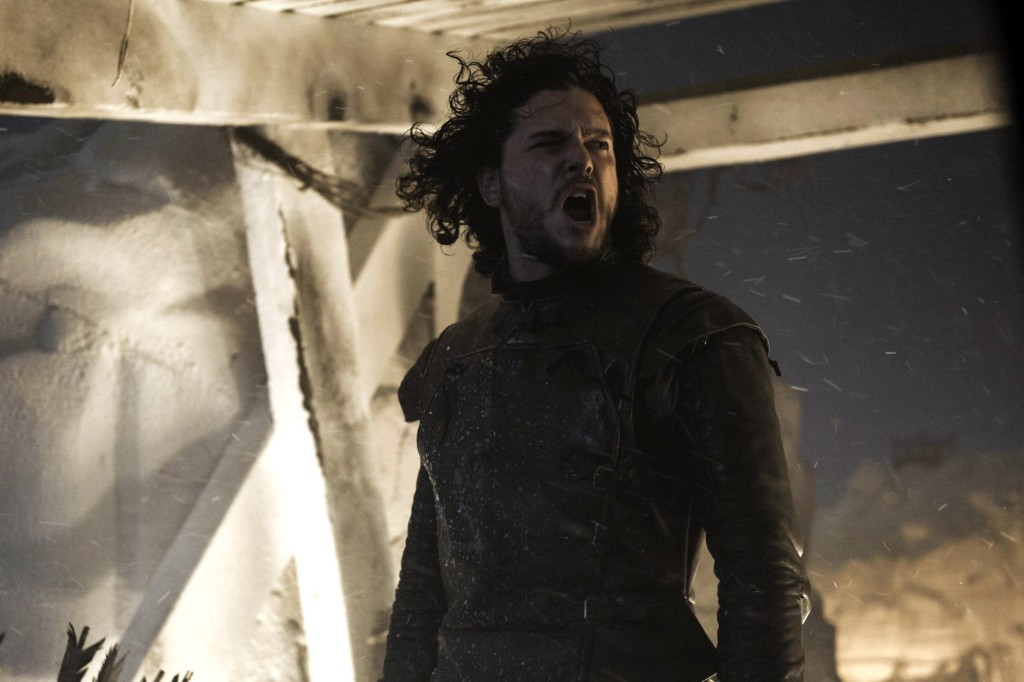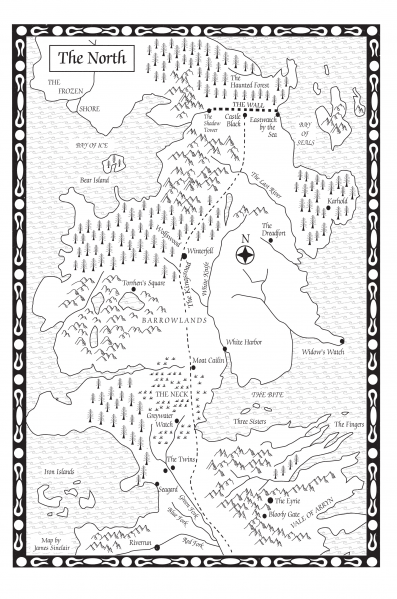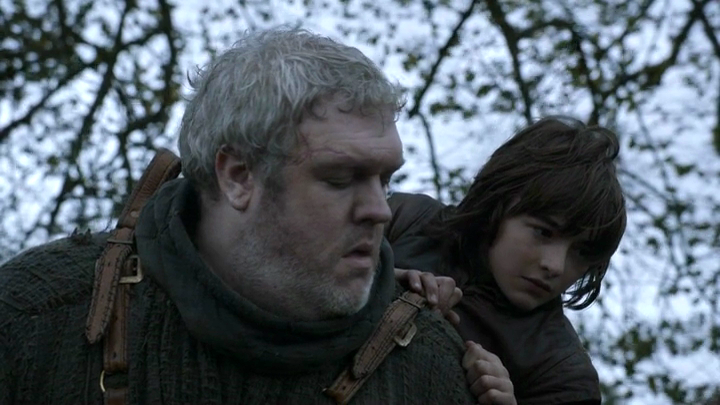Game of Thrones IMAX Proves Some Free Things Are Worth Paying For
Written by Ian Thomas Malone, Posted in Blog, Game of Thrones
Last night I went to see Game of Thrones in IMAX. The allure of seeing the Battle of Castle Black on big screen was enough to get me to shell out money to pay for something I could not only watch for free, but have already watched for free. This being the first time that a TV show was shown in theaters also had some appeal as a fan of popular culture.
The biggest surprise of the night didn’t come from the episodes, naturally, but the theatre attendance. The theatre was at around 75% capacity. Granted, it was a Saturday night, but the attendance wasn’t noticeably smaller than the crowd that was at the showing of The Hobbit I attended (coincidentally in the same theatre in that cinema). Game of Thrones is a worldwide phenomenon and clearly more than the die hards showed up. There weren’t many people sporting GOT attire, but I did see one Hodor shirt. I probably would have left if there weren’t any.
The episodes translated beautifully to the big screen. The battle looked like any battle you’d see in any epic fantasy, maybe even better with emphasis on actual people instead of CGI. I spent most of my first viewing of the episode counting the differences between it and the battle shown in A Storm of Swords and found that the IMAX was so aesthetically overpowering that I could just sit back and enjoy the show.
“The Children” fits well as a companion to “The Watchers on the Wall” for the big screen. The decision to start the episode at the Wall when the previous episode was nothing but Wall proved intelligent as movie goers were treated to the complete narrative, briefly interrupted for a “previously on,” and the credits for a second time. The episode is less about battles and more about plot resolution, but there’s enough in here to justify its presence on the big screen.
The trailer at the end was a nice treat. I’m glad I didn’t watch the leaked version before seeing it in theatres as it was beautiful to watch on IMAX (particularly Peter Dinklage’s new goatee). As some characters are completely caught up on the books (though some are not entirely through A Storm of Swords), this coming season will have plenty of fresh material for book and show viewers alike. The days of “that didn’t happen in the books” may not be over, but they might get increasingly standard, as it becomes more the rule than the exception.
Was it worth it? It wasn’t cheap. The ticket was the standard cost of an IMAX film despite not being a film or anything new besides a few minutes of trailer. That doesn’t answer the question.
Yes.
It was fun. That’s the point isn’t it? The battle was beautiful. Brienne fighting the Hound was luscious. Hodor hodoring through crisp sound was marvelous. IMAX makes everything better and that was certainly the case here.
I don’t think this has widespread ramifications for the TV to big screen debate that’s sprouted up as a result of this event. Analysts are quick to judge the viability of TV on the big screen as this is the first time its been done. The fact that many viewers watch the show on a computer or tablet is certainly a relevant point. “It’s not TV, it’s HBO” took on a whole new meaning, but I wouldn’t call this a game changer just yet.
This worked for two reasons. First, Game of Thrones is huge. Big enough to justify the hype. The only other show with the fanbase to make something like this work is Downton Abbey. I’d probably pay to see that in theatres too.
Second, these two episodes worked perfectly in conjunction for something like this. Without the battle centric “The Watchers on the Wall,” it wouldn’t have worked. The narrative jumping around as it does normally would’ve made it feel much more like a TV show than a movie. Having just The Wall made it feel just like a movie.
The only other season of Game of Thrones that could’ve pulled it off was season two with “Blackwater” and “Valar Morghulis.” I don’t doubt that HBO will want to try this again with season five. Whether or not that’s a good idea remains to be seen, but without a battle centric episode, it seems like a bit of a reach.
It was a unique experience. I wouldn’t flock to the theater to see TV in more or less any other instance, but as an ASOIAF fanatic, I felt obliged to indulge. It could’ve used more Stannis, but all in all it’s worth seeing if you’re a big fan of the show.














